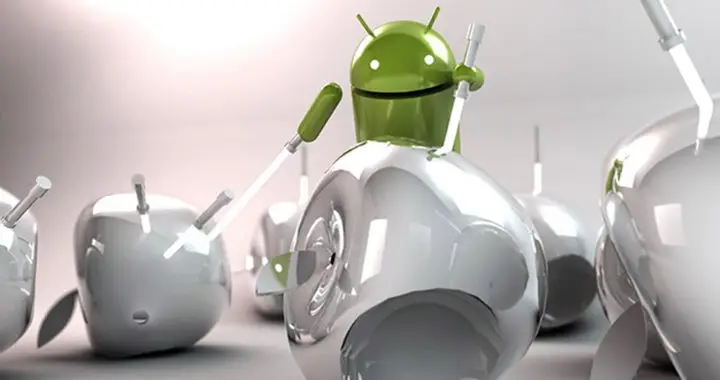Legions of fans have sworn an unwavering loyalty toward their preferred mobile operating system. Without a doubt, the Android versus iOS debate has become a pop culture phenomenon. Armed with cash to purchase their latest Android or iOS device and access to the Internet to promote their cause, these people have demonstrated the extensive clout of modern consumerism.
With each side arguing for or against their preferred mobile operating system, the relentless comparison all boils down to preference—nothing more, nothing less. Note that the same is true as regards the Windows versus macOS debate. Here is a brief comparison between Android and iOS:
Android versus iOS: Comparison, Similarities, and Differences
Apps Availability and Ecosystem
While popular apps are usually available for both Android and iOS, as well as the related iPadOS, their development takes two different routes. Sometimes, small developers have a hard time developing apps for both operating systems.
iOS is a proprietary software. This essentially means developers need to secure a license from Apple to obtain source codes, as well as publishing and distribution rights. The entire process can be costly and lengthy for some developers. This is especially true for small-time and independent developers.
On the other hand, Android developers need not go through this stringent process. Apart from the fact that source codes are free, developers enjoy access to several free-to-use developer tools. Furthermore, Google has less restrictive publication and distribution protocols. Assistance can also be sought from several online communities of independent developers and hobbyists.
This stark difference in app development creates considerable distinctions between the respective app ecosystems of Android and iOS. While there is a slew of popular apps available for both operating systems, there are those that are seemingly exclusive to either one.
In addition, some iOS app counterparts tend to have a higher price tag, while their Android versions are usually cheaper or free. There are also more apps available for Android. However, in the great Android versus iOS debate, the latter wins in terms of offering high-quality apps. Note that useless and spammy apps populate the app ecosystem of Android.
User Interface and Functional Usability
If you are a seasoned and unbiased user of both Android and iOS devices, you will agree that your iPhone or iPad is more user-friendly than an Android phone or tablet PC.
An iOS device features more intuitive software and hardware interaction. Its simplistic orientation and non-intimidating interface, coupled with its uniform aesthetics, make it appealing to people of all ages. Note that simplicity and minimalism are central to the design philosophy of Apple. The company essentially offers a straightforward approach to mobile computing.
The simplicity of iOS has a downside: Users are not free to customize and personalize the look and feel of their iPhones or iPads to a certain extent. It is also worth mentioning that it is not easy to modify the source code of iOS, unlike Android.
On the flip side, an Android device can be complicated because the operating system allows personalization and customization. Several Android apps enable users to change the theme and overall look and feel of the interface and some specific system functions. For serious users or enthusiasts with coding skills, they can even alter some software and hardware functionality. This makes Android appealing to tinkerers or advanced smartphone users, including young adults and tech hobbyists.
Device Availability and Accessibility
The most pronounced difference between Android and iOS is device availability and accessibility. In the Android versus iOS debate, the former wins.
iOS and the related iPad OS remains an exclusive operating system for Apple products—specifically the iPhone, iPad, and iPod devices. Meanwhile, Android enjoys a widespread availability because several big shot and upstart manufacturers carry this operating system in their smartphone products. Those who prefer Android have thereby more options to choose from, including built or form factor, functionality, and of course, pricing.
Furthermore, devices from Apple are relatively expensive. iPhones and iPads are as pricey as top tier flagship Android devices from manufacturers such as Samsung and Sony. However, there are also similar devices from other manufacturers that are considerably cheaper. Some Android devices are four times less expensive than an iPhone.
For budget-constrained and feature-specific consumers thereby, Android remains the best option. Nonetheless, iOS appeals to consumers drawn to products with premium pricing.





